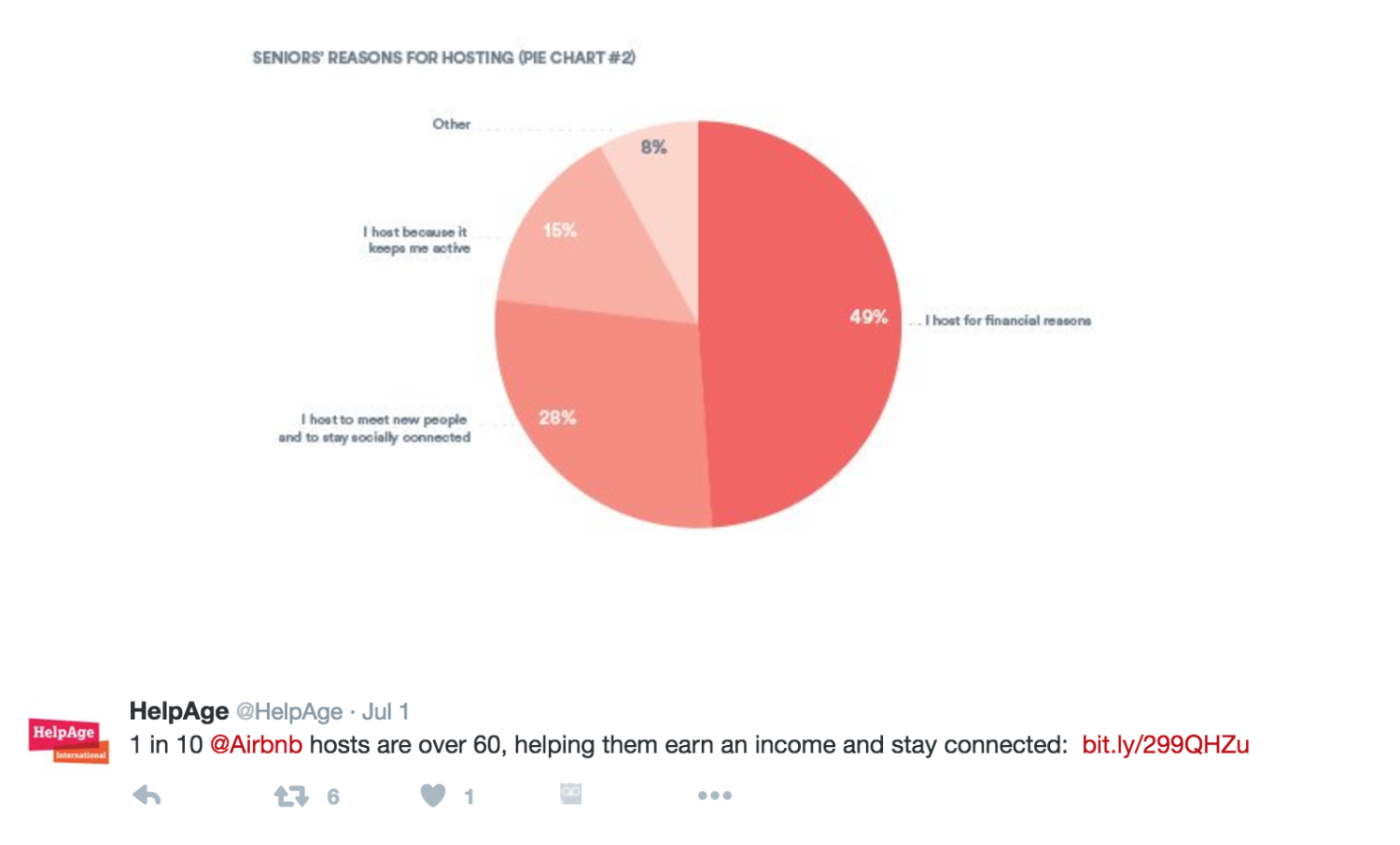Digital Media Contexts for Policy Interventions in Australia: Regulating the Share Economy
I’m in Seoul South Korea this week, and presenting some research on the sharing economy that we’ve (along with Associate Professor Tim Dwyer) been undertaking for the past few months, specifically #Airbnb conversations and how Australia is regulating what Pritchard (2016) terms ‘consumer capitalist economy‘.

It’s been another great piece of social media research from my perspective that reveals some unique insights into the social and cultural application of what has recently been reframed as a regulatory problem in NYC and San Francisco.
Through the global analysis of #airbnb (1.6m tweets, across 29 June – 27 July), we revealed the following insights:
- The Airbnb conversation has an almost equal emphasis on travel and users enterprise;
- This is a business that is only enabled by mobile media devices, as demonstrated through the #livethere campaign;
- The conversation is beginning to gain momentum in Asia, specifically South East Asia;
- There is a subsidiary level of business that piggy-backs on Airbnb, where some of it has a strong civil role, for example keeping senior citizens connected and social, see for example the work @helpage are conducting;
- If the regulation of Airbnb is too restrictive, you will damage these secondary markets that may not be precisely in the ‘consumer capitalist society’.

From here, we continue to build ties with our colleagues at Yonsei University and develop this research further around the impacts of digital diplomacy, regulation and the sharing economy, and comparative studies between mobile broadband in Australia and South Korea.
Discover more from Jonathon Hutchinson
Subscribe to get the latest posts sent to your email.